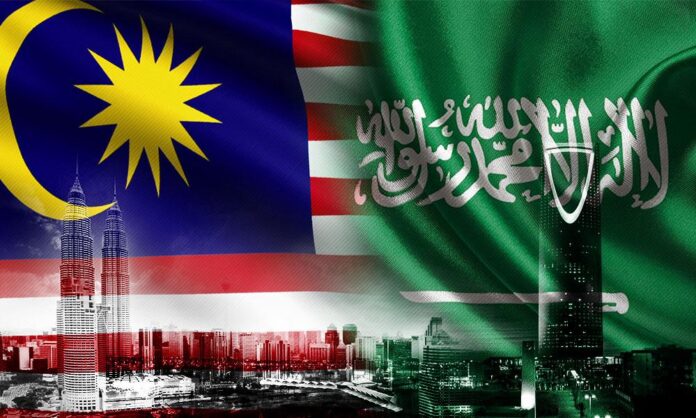Abstract
The Middle East region, long regarded negatively by the international community as prone to conflict and violence, is undergoing rapid political and economic transformation. The recent ‘peace’ agreement brokered by the People’s Republic of China between the Kingdom of Saudi Arabia and the Islamic Republic of Iran, wherein the two countries agreed to resume diplomatic relations, best exemplifies this transformation. This agreement has started a process of de-escalation in the region’s conflicts, such as those in Syria and Yemen. It represents a new trend of emerging South-South relations between the Middle East and the Asian continent, emphasizing the importance of the Asian market to the Middle East. The Saudi Vision 2030, an ambitious plan envisioned by Saudi Arabian Crown Prince Mohammed Bin Salman, is at the core of the aforementioned, in which the oil-rich Kingdom aims to diversify its economic revenue sources as well as its bilateral and multilateral partnerships with partners from both the Global South and North.
The historical links between the Malay peninsula and modern-day Saudi Arabia can be traced back centuries, based on the Malaccan sultanate’s commercial, religious, and cultural ties with the Arab world, including parts of modern-day Saudi Arabia. These ties lasted until the unification of the kingdoms of Hejaz and Nejd formed the Kingdom of Saudi Arabia and the emergence of post-colonial Malaysia in the twentieth century. As a result, the two modern-day nation states established formal diplomatic relations in 1961. This paper analyzes the developing relationship between Saudi Arabia and Malaysia in the context of ‘Saudi Vision 2030’. After a concise summary of the nature of the bilateral relationship, this study delves into an examination of the economic and cultural ties between the two nations, highlighting potential areas for collaboration, and concludes with recommendations for enhancing bilateral partnerships and explores the future of Saudi-Malaysian relations and the advantages that can be gained by both nations.


